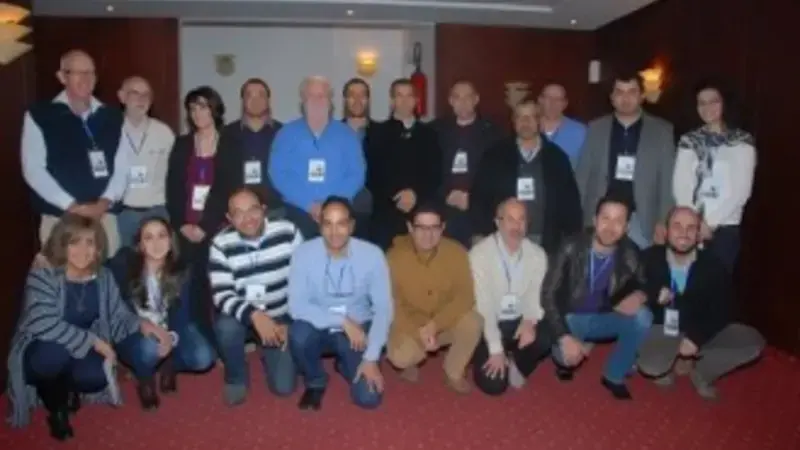Capacity strengthening: enhancing modeling capabilities

Efforts to improve systems analysis and enhance modeling capabilities across North Africa were recently taken forward through a workshop targeting researchers from Algeria, Tunisia, and Morocco – an initial step in plans to build a critical mass of modelers across the region and ultimately improve the planning and evaluation of agricultural research for development.
The workshop, held in Rabat, Morocco, introduced APSIM, or the Agricultural Production Systems Simulator, an internationally recognized simulator which enables the simulation of systems that cover a range of plant, animal, soil, climate, and management interactions. It is anticipated that a key outcome of this training workshop will be a robust validation of APSIM across a wide range of growing environments in North African countries.
Over the course of the five-day workshop participants progressed through prepared APSIM exercises, interspersed with specific presentations on science component processes. These were followed by working groups on specific APSIM applications: simulating fallow soil balance and the effect of residues; nitrogen movement between organic matter pools, the effect of decomposition of crop residues, and the effect of residue types; simulating single season crop responses to organic and inorganic nitrogen-inputs and water in wheat cropping systems; and simulating multiple seasons of wheat-wheat, wheat legume rotations, soil nitrogen, water and organic matter resets at sowing, soil erosion, and risk analysis using cumulative probability.
During the final two days, participants broke-out into four groups to discuss and design applications relevant to current research agendas and needs: the effect of sowing dates and wheat-weed competition; the effect of different soils on final yield; nitrogen cycling; and multiple season rotation.
Hosted through the ICARDA-led Conservation Agriculture in North Africa (CANA) initiative, the workshop was designed to build a strong legacy of systems analysis beyond the project, and contribute to the development of a formal modeling network across the region’s countries. The CANA Initiative is funded by the Australian Center for International Agricultural Research (ACIAR).
